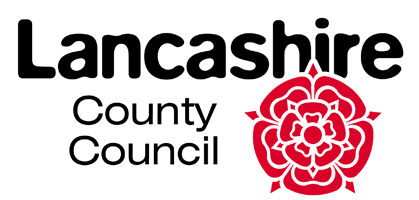
Councillors to discuss new plans to reduce unsightly temporary road repairs
New measures to keep public areas looking their best, and reduce the county's carbon footprint, have been revealed in a new report to Lancashire County Council's cabinet.
The council is proposing an agreed set of locally available materials such as paving slabs, asphalt surfacing and type of trees for use by anyone working on Lancashire's roads to reduce the amount of unsightly temporary repairs which are being made, and cut out long-distance imports.
County Councillor Charlie Edwards, cabinet member for highways and transport, said: "We're seeing an increasingly wide range of materials being used in Lancashire's public areas, which is fine to begin with, but causes problems when it comes to making repairs. These materials are often difficult to source, resulting in an unattractive temporary repair until the proper material arrives months later.
"People will be most familiar with seeing this in our town centres, where a paving slab has been removed and replaced with tarmac because whoever made the repair does not have that type of paving slab readily available.
"The solution we're proposing is to agree a select set of materials for use on our roads, so that when it comes to making a repair, whether it be the county council or utility companies, the job can be done properly the first time around, and our public areas will look much better as a result."
The report outlines that increasingly the materials being used in Lancashire's public areas have been imported from long distance and have a high carbon footprint, which also makes them expensive and difficult to source.
The set of materials being proposed for use in future are available within the local supply chain, have a history of successful use in Lancashire, a lower carbon footprint, and are easily maintainable.
If agreed they would be specified for use by anyone who wants to redevelop a public area such as a town centre street, or build new roads on housing estates or retail and business developments which they want the county council to adopt and maintain in future.
The report outlines a 'standard' and 'enhanced' palette to ensure that a good range of choice is available for the creation of locally distinctive designs. Anyone wanting to use an enhanced material will need to make a contribution towards the cost of future maintenance.
County Councillor Edwards added: "Some of the materials currently being used in our public areas are only available from certain suppliers in other countries, and this proposal will also contribute towards reducing the county's carbon footprint by cutting out that long distance freight, as well as reducing the cost of future repairs."
The proposals are due to discussed by Lancashire County Council's cabinet on Thursday 3 March.
